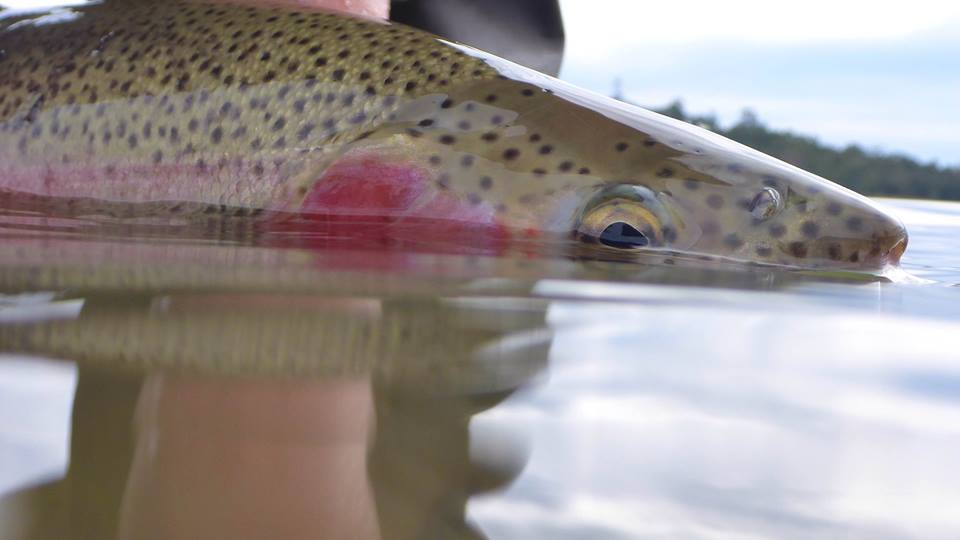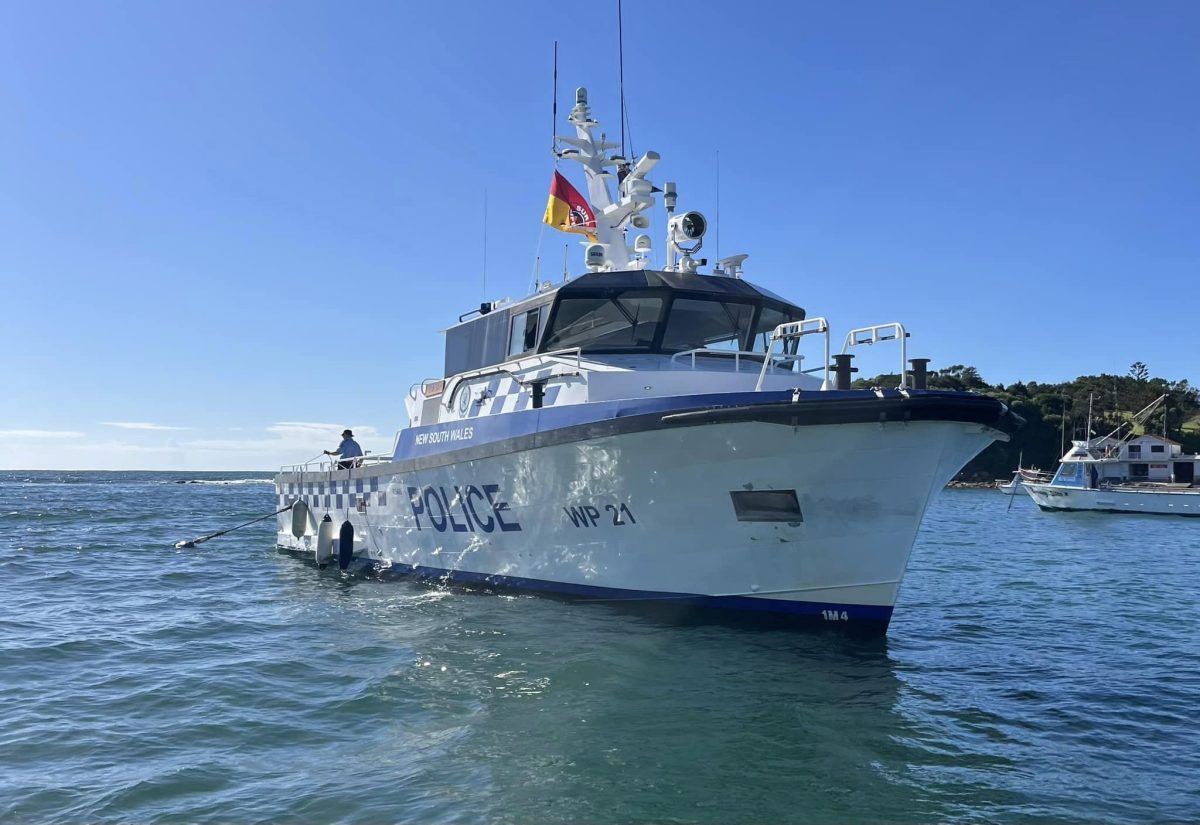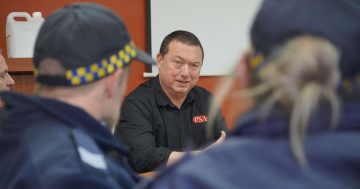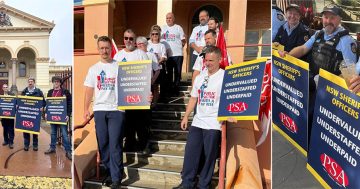
Fears have emerged that crooks, poachers and organised criminals have taken over the state’s rivers, oceans and estuaries and are now plundering valuable species like abalone and rock lobster. Photo: NSW DPI Fisheries.
Fisheries officers across NSW have begun industrial action following a number of violent incidents where they were shot at, threatened with knives and baseball bats and had cars driven at them.
Given their significant safety concerns, officers are demanding the State Government issues them protective equipment like stab-proof vests and capsicum spray.
Assistant General Secretary of the Public Service Association (PSA), Troy Wright, says if the NSW Government doesn’t act, a fisheries officer is going to get killed.
“Fisheries officers have no way of knowing if a boat or car we inspect is going to be filled with bikies from outlaw motorcycle gangs; they’re blind compared to fisheries officers in other states,” he said.
“People say they care about the marine environment but the 100 or so fisheries officers in this state are now saying publicly our oceans, rivers and estuaries are being plundered and there is nothing they can do.”
Earlier this week, the Department of Primary Industries (DPI) attempted to force fisheries officers back into “dangerous night work” by applying to the NSW Industrial Relations Commission (IRC). However, the industrial umpire refused to make the order.
“We know drug traffickers have infiltrated the commercial industry; miles off the coast in the dead of night we need to board boats, yet unlike other states we don’t have a GPS vessel monitoring system for our commercial fishing fleet. One day fisheries officers will board a boat and they’ll get killed,” said Mr Wright.
“It’s not just miles off the coast, fisheries officers are intercepting poachers with thousands of dollars’ worth of abalone and rock lobster at all hours of the night, and these crooks won’t hesitate to hurt them if it means avoiding jail time.
Mr Wright said there was big money in poaching, with every abalone worth $50, and all you needed was a wetsuit and a knife and you could lever a couple of hundred off the rocks in a few hours.
“Go for a bushwalk on the south coast and you’ll see where illegal fishers have removed the abalone shell and guts, but they keep the meat which attaches to the rock; they’re highly prized in Asian cuisine.
“Fisheries officers often can’t call police for backup as they are tracking poachers in the dead of night on remote beaches or miles offshore on trawlers; I’m telling you someone is going to get killed.”

Without direct police assistance on operations the fisheries officers are now refusing to complete inspections of commercial trawlers at night-time. Photo: Marine Rescue Terrigal.
In other states, fisheries officers have access to car and boat licence records like police. However this is not allowed in NSW, meaning they can’t find out if people are violent offenders to avoid dangerous situations.
“It’s harder to get an RSA certificate to pull schooners at the local pub than it is to get a commercial fishing licence; you can get one and start taking thousands of kilos of fish by filling out an online form with no 100 points of ID, with no background checks,” said Mr Wright.
“It’s an absolute joke; to flick a line in at the local wharf mums and dads have to pay for a licence and have it with them, but to run a commercial fishing operation you can have 15 people all pulling out hundreds of fish who have zilch paperwork.”
PSA is calling for the NSW Government to introduce a ‘fit and proper person’ test for commercial fishing licence holders and their crew within six months. Existing tests in Victoria and Queensland stop anyone from getting a licence if they have a prior history of crimes against the environment or violent crimes.
Officers also want the same powers as fisheries officers in other states to check boat and car registrations, conduct surveillance, undertake investigations, and real time GPS tracking of the entire commercial fishing fleet.
“Fisheries officers have no powers of investigation,” said Mr Wright. “They can’t even use binoculars or a camera. In other states they can apply to a magistrate to put a tracking device on a boat; here they can’t do that – why?
“This is why the NSW fishing fleet is so appealing to drug traffickers to pick up cocaine shipments off the continental shelf.”
In 2020, a fishing trawler was caught by NSW Police carrying 1.8 tonnes or $850 million worth of cocaine. Mr Wright said if fisheries officers had boarded the boat they might have been killed.
“If you care about our state’s fish stocks, especially of endangered species like abalone and rock lobster, you need to hear this distress call from fisheries officers because if they’re ignored you might wake up to the news one day soon that these species are extinct.”







